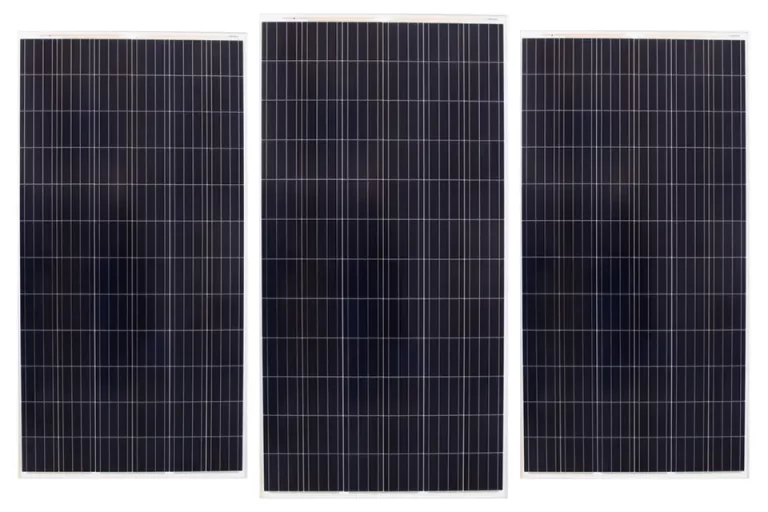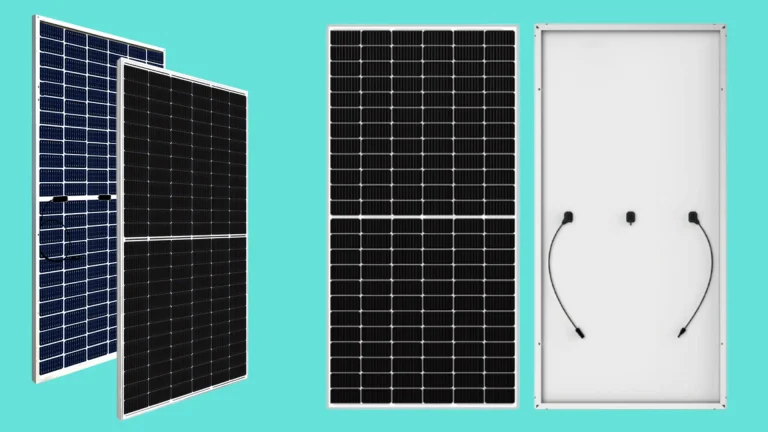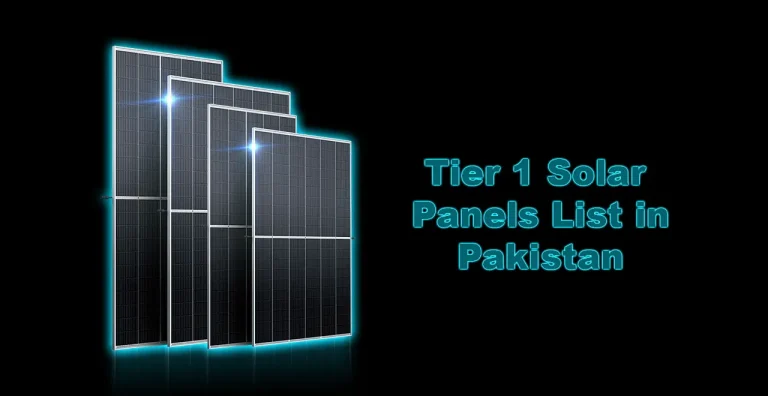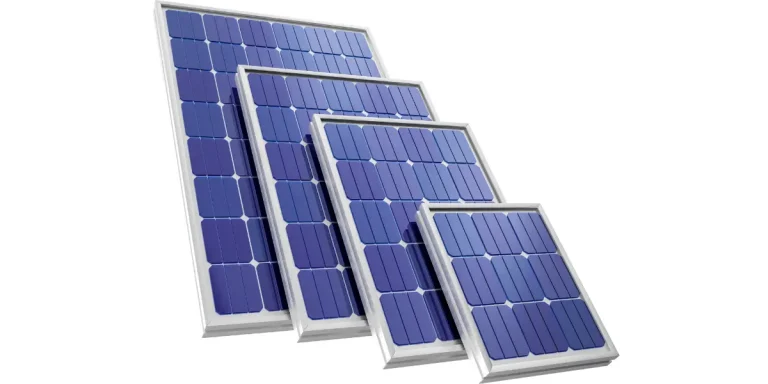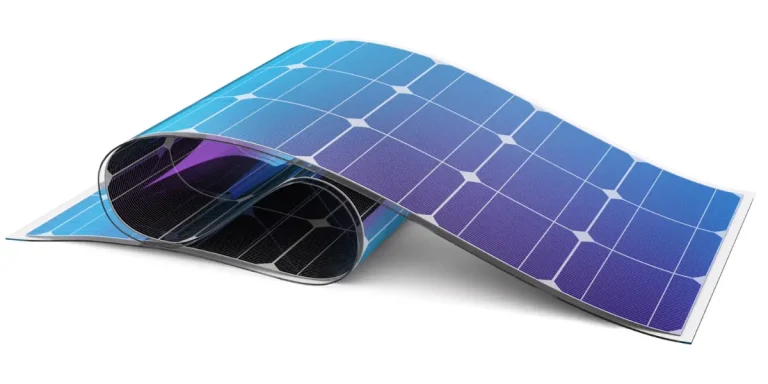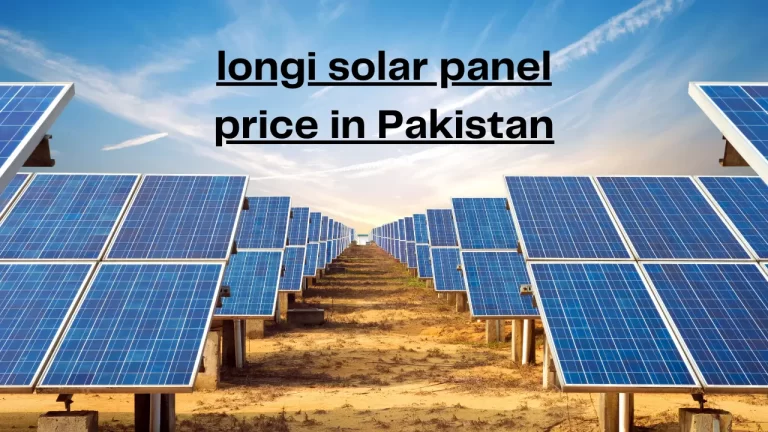Washing Solar Panels For Enhance Performance
The maintenance, washing, and repairs needed for solar panels are minimal due to their structure. However, it’s crucial to maintain dust-free and clean solar panels to get the best performance and output possible. Dust accumulation can reduce the output efficiency of solar panels by as much as 6.5% and, in some cases, as much as 40%. This is especially true in the Middle East. Maintaining their washing solar panels is crucial to optimal power generation.
Maintenance and washing solar panels
Maintaining and washing solar panels is essential to ensuring your long-term benefits; owning them is a significant financial commitment. Long-term cost savings can be achieved by purchasing high-quality solar panels since they require less upkeep, washing, and Cleaning. You can ensure your solar panels keep working efficiently by selecting a reliable installer and doing routine inspections.
Why Do Solar Panels Need washing and Cleaning?
Sunlight is converted into useful energy by solar panels. The solar radiation must be absorbed by the photovoltaic cells in the panels for that to happen. The panels’ efficiency could be diminished if dirt or debris obstructs the cells.
According to National Renewable Energy Laboratory research, dust, soot, and other particulates can reduce solar panel efficiency by 7%. Fortunately, putting the solution into practice is not too difficult. You can clear the dirt and restore your solar panels to optimal performance by misting them and cleaning them quickly with a simple cleaning solution.
How to wash solar panels?
Solar panels can be cleaned in various methods, from hand washing to fully automated systems. Although rainwater can help remove some of the dirt accumulating on solar panels over time, it can also cause dirt to build up at the bottom of the panels, which is insufficient to remove heavy pollution.
1. Washing solar panels with Brushes and sponges without soap
Companies that provide solar maintenance services have discovered they can wash solar panels without using soap, deionized water, and a rolling or vehicle-mounted brush. Soap leaves a residue that stains the panels and draws dirt. The Solar Panel Wash from lubricant manufacturer Polywater helps water remove dirt without leaving a film behind.
Dirt is removed by SunSystem Technology using a mixture of hydrogen peroxide and diluted vinegar. Additionally, a garden hose and a soft sponge can be used by homeowners to manually clean their solar panels without the need for cleaning solutions.
2. Cleaning solar panels by hand
An excellent, traditional method is to clean the PV panels manually! While there are many situations in which robots, waterless vibration, or special coating solutions can be costly and ineffective, these solutions are inventive and effective. This is especially true for small-scale installations—whether residential or commercial—and unique buildings and installations. A few specialized tools are useful to ensure proper Cleaning of solar panels.
On the one hand, the panel is being brushed clean of soil using numerous rotating special brushes. We could also benefit from any basic cleaning tool, such as those used on car windshields.
3. Use Soft Cloth or Sponge and a Mild Soap Solution for washing solar panels
Use a mild soap if your solar panels are extremely filthy or covered in bird droppings. Utilizing a gentle cloth or sponge, combine a few drops of dish soap with warm water to clean the panels. Avoid using steel wool or other abrasive materials on the panels, as they can scratch the surface.
4. A long-handled Squeegee or Soft Bristle Brush with an Extension Pole
Cleaning solar panels can be simpler using a long-handled soft bristle brush or squeegee with an extension pole if your solar panels are in hard-to-reach areas, such as on a rooftop. To remove dirt or grime, gently scrub the panels’ surface with a brush or squeegee.
5. Automatic Mechanisms for Cleaning Solar Panels
If you don’t want to cleaning solar panels by hand, consider installing an automatic system. Without requiring manual labor, these systems clean the panels using a variety of brushes and sprayers. Though potentially expensive, these systems can be a great option if you have a large solar array and want to ensure your panels are always clean and efficient.
6. A Solar Panel Cleaning Kit
For more thorough Cleaning, you can purchase a solar panel cleaning kit, which usually includes a brush or squeegee, a wiper, and a particular cleaning solution. If you want to ensure your solar panels are properly maintained, these kits are a great option, as they are made specifically for cleaning solar panels.
How Frequently Do Solar Panels Need to Be Cleaned or Washed?
The variables that influence how often you should clean your solar panels include:
- Your location.
- The amount of dust and dirt in the surrounding area.
- The angle of the panels.
Cleaning solar panels every three to six months should be adequate. Still, it’s a good idea to keep an eye on the output of your solar panels and give them more frequent cleanings if you notice a noticeable decline in efficiency. The effect of location on cleaning or washing solar panels
How and how often solar panels need to be cleaned to stay efficient depends on where they are placed. On average, they should be cleaned once or twice a year. However, they might benefit from more frequent Cleaning in some areas.
Polluted regions: PV panels will accumulate a lot of oil and grime in the air if placed in high-pollution areas, such as those close to factories, highways, or airports.
Woodlands: Many nearby trees increase the likelihood that more leaves will fall on the panels, preventing sunlight from reaching the panels. Trees also draw birds, which may cause an accumulation of droppings that damage the PV cells’ surface from acidity and obscure the cells, decreasing their efficiency.
Deserts: Sand accumulations on PV panels are more prevalent in arid and dusty regions like the US Southwest and the Middle East, where they scratch the surface and block light. Large clumps of ash from wildfires can fall quickly onto panels in places like Australia or California.
Instructions For Washing Solar Panels:
1. Assemble Your Equipment and Supplies
Ensure you have easy access to everything you’ll need for the project. Assemble the extension ladder and make sure you can reach the roof securely. Get ready to use the cleaning solution in the one-gallon sprayer.
2. Apply a mist to the roof and panels.
While someone firmly holds the extension ladder on the ground, assume roof height. Use a garden hose with a spray attachment to rinse the solar panels and the surrounding roof to eliminate any loose dirt or debris.
3. Switch off the system of solar panels.
Before beginning work, ensure the solar panels are off for your safety and the system’s protection.
4. Use the Cleaning Agent
The gallon sprayer should apply a thin layer of the cleaning solution to a small area of one solar panel. Give the solution a few minutes to work through the filth and grime, but don’t let it dry completely.
5. Eliminate the Fix
The solar panel’s area where the cleaning solution was applied should be cleaned using a gentle brush or sponge. The squeegee on the extension pole can be reached by wrapping a towel around it if needed. Keep your feet flat on the ladder and avoid stooping over.
6. Carry Out in Brief Bits
Once the cleaning solution has been applied, proceed as directed above, scrubbing each solar panel.
7. Cleaning solar panels
Give the panels another quick rinse with your hose and spray attachment. After drying the panels with the squeegee, switch the solar panels’ electricity back on.
Advice for Solar Panel Maintenance
- Keep solar panels out of the shade because blocking their ability to absorb sunlight makes them less effective at producing energy.
- Observe the solar panels and confirm that the green lights on the inverters are flashing.
- Monitor daily performance to improve solar panel maintenance. It is imperative to document the quantity of energy produced consistently daily, taking special note of the days with low visibility.
- There will be some inconsistent results.
- With monitoring systems, you can determine your environmental impact and the amount of CO2 you release into the atmosphere. They can also help you determine the feed-in tariff program’s advantages.
- There’s a wall-mounted display where you can see information about servicing your solar panels at home.
- You can install automated cleaners that work similarly to sprinkler systems or hire solar panel cleaning companies if you don’t have time to clean your solar panels.
Guidelines for Cleaning Solar Panels
- Cleaning kits for solar panels are a great tool to have on hand. The kit comes with biodegradable soap, a wiper, a small brush, and an extended handle.
- Fill the bucket halfway full of water and soap. The bottle comes with instructions on it. Dip the brush into the bucket and begin gently wiping the solar panels. You can use a gentle brush or water to clean any dirt or grime on the panels.
- Solar panel cleaning is now easier than it has ever been.
- Removing any dirt or residue that has become adhered to solar panels when damp or moist is easier.
- Never use an abrasive sponge or soap to avoid scratching the glass on your solar panel.
- A soft cloth or biodegradable soap is the best way to clean solar panels.
- Solar panels are expensive to repair, so it’s crucial to avoid using harsh cleaning agents when cleaning them.
- If you clean the panels often, you can remove dirt by running a hose along them.
Fewer solar panel maintenance points.
- Use a long-handled wiper to clean the panels while standing on the ground to protect yourself and those around you.
- If you must go on the roof, use caution because, once you start cleaning, the roof gets slick, and you risk falling off. Use a harness or safety ropes to keep yourself steady.
- Since clean solar panels are better able to absorb sunlight, you should always keep an eye out for dirt accumulation on them.
- Solar panels require care to ensure longevity and efficiency; Cleaning and maintenance alone won’t always be enough to keep them performing at their best.
- It could be time to replace your old solar panels with new ones if they are broken, old, or not performing as well as they once did.
